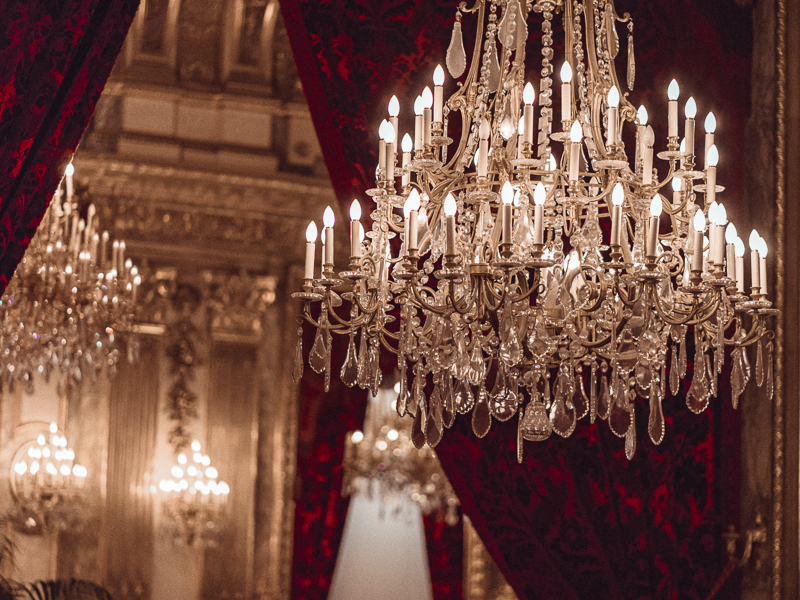
Luxury Tax
By Atty. Rodel C. Unciano
"Housing is a basic necessity. While it is expensive, it is a necessary thing in human existence. Hence, it should be made available and affordable to all. Instead of imposing additional tax on residential property, we can consider applying the tax on other properties which are non-essential for a living."
 Atty. Rodel C. Unciano +632 8403-2001 loc.380 |
The Cambridge Business English Dictionary defines luxury tax as a tax on expensive goods that are not necessary but are bought for pleasure. As these goods are neither necessary nor essential for a living, many countries all over the world impose additional tax on certain transactions involving these non-essential goods.
 In our jurisdiction, Section 150 of the 1997 Tax Code, as amended, enumerates three items that are considered as non-essential goods upon which, a luxury tax, in the form of excise tax, is imposed. The goods considered as non-essential under the present Tax Code are as follows: 1) All goods commonly or commercially known as jewelry and similar goods made of, or ornamented, mounted or fitted with precious metals such as platinum, gold, silver and other metals of similar or greater value; 2) Perfumes and toilet waters; and 3) Yachts and other vessels intended for pleasure or sports.
In our jurisdiction, Section 150 of the 1997 Tax Code, as amended, enumerates three items that are considered as non-essential goods upon which, a luxury tax, in the form of excise tax, is imposed. The goods considered as non-essential under the present Tax Code are as follows: 1) All goods commonly or commercially known as jewelry and similar goods made of, or ornamented, mounted or fitted with precious metals such as platinum, gold, silver and other metals of similar or greater value; 2) Perfumes and toilet waters; and 3) Yachts and other vessels intended for pleasure or sports.
As these are non-essential goods, the Tax Code imposes an excise tax equivalent to twenty percent (20%) based on the wholesale price or value of importation used by the Bureau of Customs in determining tariff and customs duties.
In a proposal pending in Congress, there has been a move to increase the current tax on non-essential goods from the current tax rate of twenty percent (20%) to twenty-five percent (25%) and to expand the list of goods considered as non-essential. Under House Bill No. 6993, included as non-essential goods are wristwatches valued more than fifty thousand pesos (P50,000.00); bags, wallets, and belts valued more than fifty thousand pesos (50,000.00); residential properties above one hundred thousand pesos (P100,000.00) per square meter; and alcoholic and non-alcoholic beverages above twenty thousand pesos (20,000.00) per liter.
Also included in the list are paintings above one million pesos (P1,000,000.00) sold by persons other than the artist; antiques valued at one hundred thousand pesos (P100,000.00) per item; automobiles, whether brand new or second-hand, valued at ten million pesos (P10,000,000.00); and private aircraft and parts, except those for use by the Philippine government, or by airlines and logistics companies. Other items being considered are sales of shares in exclusive membership clubs, jacuzzis, furs, and all regatta equipment.
According to the proponent of the bill, the non-essential goods tax will be on top of all other taxes. The tax on luxury cars, for example, will be on top of the automotive excise tax while the tax on luxury residential properties will be on top of VAT and other taxes on its sale. The tax is imposed at the point of importation or sale, for easier enforcement.
On residential property, there may be a need to review the threshold of P100,000.00 per square meter. While this amount is truly expensive and a price beyond the reach of the bulk of consumers, the reality is that, it is difficult to find nowadays a residential property in some areas in the country particularly in Metro Manila which price is less than P100,000.00 per square meter. Considering the current housing shortage in Metro Manila in particular, imposing additional tax on residential properties may not be a good idea. It may further complicate the acute housing problem that we currently face. This will further lead to the increase of prices of residential properties, thus, increasing the number of our population who cannot afford to live in a decent home.
Housing is a basic necessity. While it is expensive, it is a necessary thing in human existence. Hence, it should be made available and affordable to all. Instead of imposing additional tax on residential property, we can consider applying the tax on other properties which are non-essential for a living.
Perhaps, the additional tax should instead be imposed on luxurious gadgets, appliances, fixtures, and even on luxurious food items and outfits which are not essential for a living. I’m sure those who can afford these luxurious items are more than happy to share more to the government.
And perhaps, providing preferential tax rates on transactions involving essential commodities may also be considered. Under our local tax laws, a lower business tax rate is imposed on the manufacture, production, sale or distribution of essential commodities such as rice, corn, wheat or cassava flour, meat, dairy products, fresh water products, medicines, animal feeds, school supplies, among others. While most of these essential commodities are exempt from VAT, perhaps special income tax rates on business engaged in these essential commodities may be considered to address the increasing prices of basic commodities.
The author is a partner of Du-Baladad and Associates Law Offices (BDB Law), a member-firm of WTS Global.
The article is for general information only and is not intended, nor should be construed as a substitute for tax, legal or financial advice son any specific matter. Applicability of this article to any actual or particular tax or legal issue should be supported therefore by a professional study or advice. If you have any comments or questions concerning the article, you may e-mail the author at This email address is being protected from spambots. You need JavaScript enabled to view it. or call 8403-2001 local 140.



